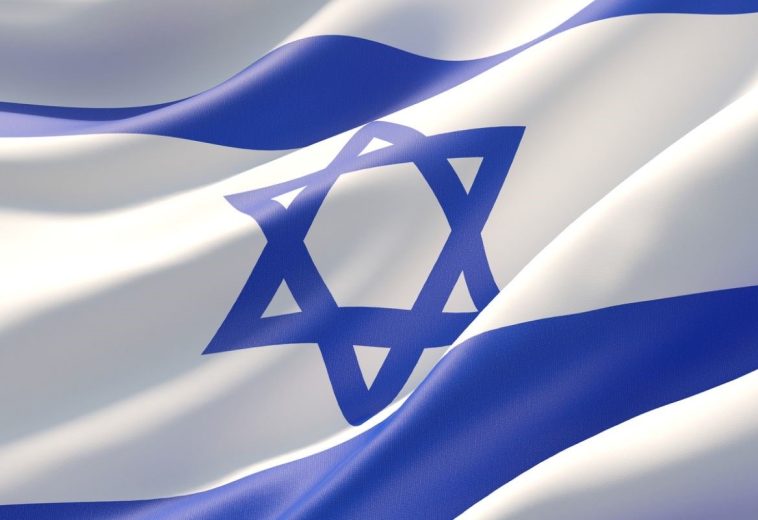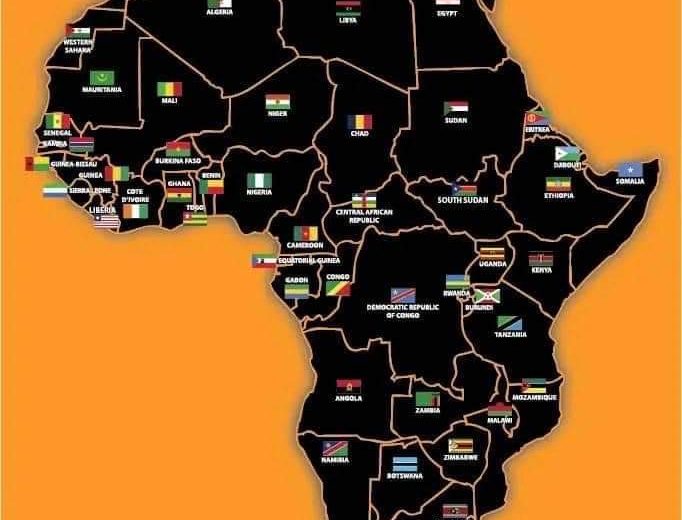Once emerging from the shadows of apartheid and colonial rule, Namibia has built a mature and stable democracy. In the heart of southern Africa, Namibia’s democracy has grown and matured since gaining independence in 1990.
Namibia’s struggle for independence against South African apartheid laid the foundation for its democratic ideals. The year 1990 marked a turning point, as Namibia embraced a multi-party democratic system. The South West Africa People’s Organization (SWAPO), a key player in the liberation struggle, emerged victorious in the first democratic elections, forming the new government. Since then, Namibia has embraced the principles of democracy outlined in its constitution, which guarantees fundamental rights such as freedom of expression, equality, and the separation of powers. This legal framework has provided a solid foundation for democratic governance.
When juxtaposed with global nations boasting mature democracies Namibia is among the community of well-established democracies in Africa, proudly upholding democratic principles. The country’s unique position is not merely a consequence of political rhetoric but is substantiated by tangible achievements in various realms of governance, solidifying its reputation as a guiding light of democratic progress in its region.
A critical facet of Namibia’s democratic triumph lies in political stability. Where many nations struggle with the delicate balance of political forces, Namibia has displayed remarkable resilience in navigating the complexities of its politics. This stability isn’t merely a desirable feature but an important cornerstone, providing a solid foundation for the effective functioning of democratic institutions and the overall welfare of the nation.
At the heart of democratic governance are regular elections, and Namibia has consistently adhered to this fundamental practice. The country’s commitment to conducting periodic and transparent elections is not a perfunctory exercise but rather a manifestation of a deeply ingrained belief in the democratic process. Namibian citizens actively participate in free and fair elections, adding to the legitimacy of the government and ensuring that those in power remain accountable to the people.
The country has successfully sustained a democratic culture. The embrace of democratic values in everyday life, public discourse, and civic engagement attests to the maturity of Namibia’s democracy. The country actively promotes civic participation, the protection of individual rights, and the rule of law, creating an environment where democratic principles aren’t merely institutionalized but are woven into the collective fabric of society.
Namibia’s journey toward a mature democracy sets a precedent for neighboring nations; the positive outcomes that arise from a tireless obligation to democratic ideals. The international community observes with interest, recognizing the progress made and acknowledging the steps taken towards achieving a more mature and resilient democracy in the heart of southern Africa.


